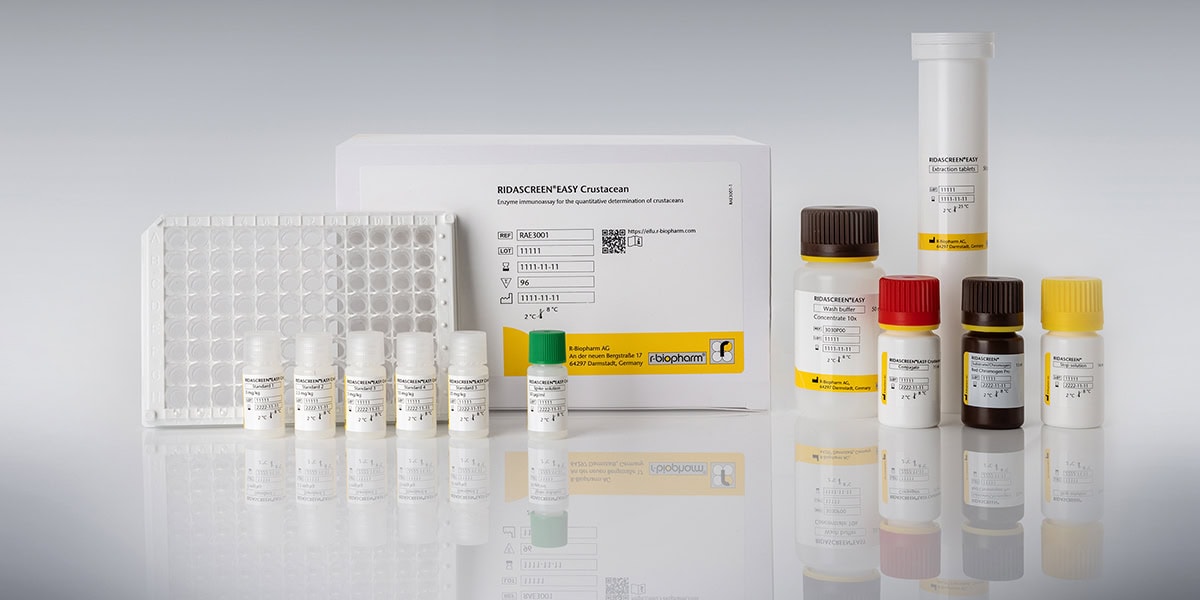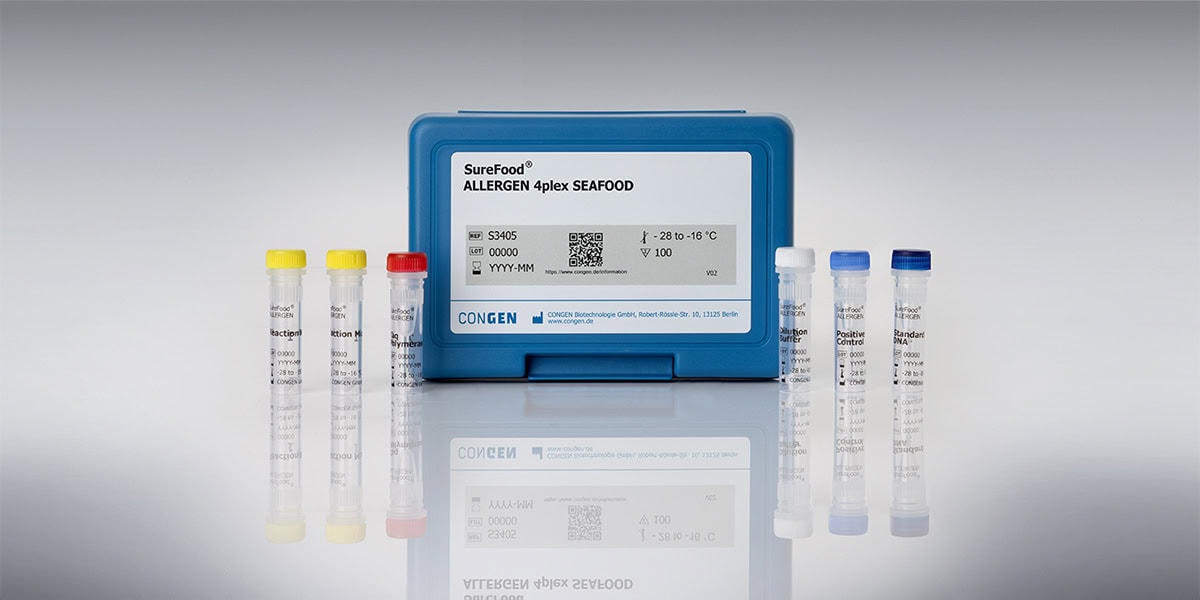
Recent news in Food & Feed Analysis
- Home
- /
- Food Fraud: An uncalculable...
Food Fraud: An uncalculable risk for allergic persons

Horse meat in lasagna, antifreeze agents in wine or false declared fish: There are many examples for food fraud. The deliberate consumer deception is not only unappetizing – it can be very dangerous for allergic persons.
Food fraud is an increasing problem worldwide. A lot of money is made by diluting olive oil with soya oil, by adding melamine to dairy products or by declaring low-quality meat as high-quality. There’s hardly any food group that hasn‘t yet been subject to a food scandal. The German Federal Institute for Risk Assessment (BfR) distinguishes between five types of food fraud:
- Addition of an external substance in order to simulate a better quality or to dilute the product
- Addition of a substance already contained in the food in order to simulate a better quality or to dilute the product
- Blending of foods of different origins without appropriate labelling
- Use of unlabelled or illegal manufacturing processes
- Misdeclaration
Food adulteration or misdeclaration doesn’t always happen with a criminal intent. But no matter whether deliberate deception or negligence – mislabelling can be a risk to consumers. A product containing allergenic ingredients without labelling can be life-threatening to any allergic person.
Last year, a bad case of food fraud attracted attention in England: A 38 year-old man died of an allergic reaction after eating an Indian curry. The restaurant switched almond powder for a cheaper ground nut mix, which contained peanuts. Another case of food fraud led to the death of a 10 year-old child in Australia – caused by a coconut drink which contained undeclared cow’s milk.
Most food allergies are caused by only eight allergens – the so-called „Big 8“ egg, fish, crustaceans, milk, nuts, peanuts, soy and wheat. Nevertheless, it is important to remember that almost any food has the potential to cause an allergic reaction. Food authenticity checks are therefore important also in the context of allergen management. Extensive food analyses and strict controls e.g. of suppliers are indispensable to ensure consumer safety.



